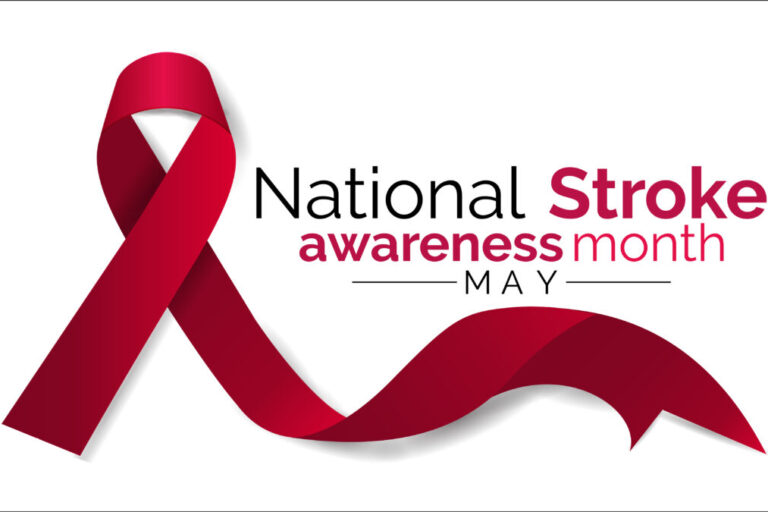A well-known driver of Alzheimer’s is inflammation. Inflammation is often caused by too much methylation (hypermethalation). In clinical trials, the new drug Bezisterim (also known as NE3107) helped keep methylation in balance, measurably reducing inflammation and the cognitive decline it causes.
These results were seen in the analysis of data generated from BioVie’s Phase 3 trial in Alzheimer’s disease (AD). The DNA methylation dataset assessed the extent of DNA methylation on roughly 965,000 individual sites where methyl groups can be attached to the patients’ DNA.
“We all age and get older – nothing can change that. But these data provide evidence that bezisterim may have the potential to help keep people healthier for a longer time as we age,” said Cuong Do, BioVie’s President and CEO. “BioVie believes that DNA methylation may not need to constantly increase as we age, and thus the progression of age-related disease may not be uni-directional. Bezisterim is believed to be the first drug candidate that has shown in clinical trials the ability to modulate the level of DNA methylation, and do so in a manner that’s correlated with disease.
DNA methylation
DNA methylation is a natural process where methyl groups are added to the surface of DNA, thereby interfering with the body’s natural process for decoding genetic information. DNA methylation accumulates as people age and can be affected by behavioral (diet, exercise) and environmental factors. Hypermethylation of DNA has been associated with dementia, cognitive impairment and other diseases.1
Inflammation has been shown to be a driver of hypermethylation of DNA, 2 and the extent of DNA methylation can be measured by various “biological clocks.”
Newly presented data show that patients treated with bezisterim experienced an age deceleration advantage over patients treated with placebo on four biological clocks. Age deceleration is the difference between a person’s biological age as measured by various DNA methylation clocks and their actual age since birth. A lower value is preferable and suggests that the biological age is lower than the actual age. For example, Bezisterim-treated patients saw -4.77 years advantage on the Inflammation Age Clock 3 .
A Different Approach
BioVie, the maker of bezisterim, believes that inflammation is central to the development and progression of Alzheimer’s Disease. BioVie’s different approach focuses on our novel molecule, bezisterim, currently being studied in people diagnosed with Alzheimer’s Disease, and the hypotheses that selective modulation of inflammation, and the enhancement of energy transfer (insulin sensitivity) in the brain, may be able to improve memory and thinking, and may protect against neurodegeneration. If successful, bezisterim may be able to provide future benefit to the millions of people diagnosed with Alzheimer’s, as well as to the families, friends, and professionals who care for them.
NE3107 is Bezisterim
The name “bezisterim” has been approved as the non-proprietary (generic) name for NE3107 by the United States Adopted Names (USAN) Council and World Health Organization (WHO) International Nonproprietary Names (INN) expert committee.
Bezisterim Trials
Bezisterim (NE3107) is being investigated for Alzheimer’s disease (AD). Its manufacturer, BioVie, has conducted and reported efficacy data on its Phase 3 randomized, double-blind, placebo-controlled, parallel-group, multicenter study to evaluate bezisterim in patients who have mild-to-moderate AD (NCT04669028). Results of a Phase 2 investigator-initiated trial (NCT05227820) showing bezisterim-treated patients experienced improved cognition and biomarker levels were presented at the Clinical Trials on Alzheimer’s Disease (CTAD) annual conference.










